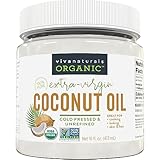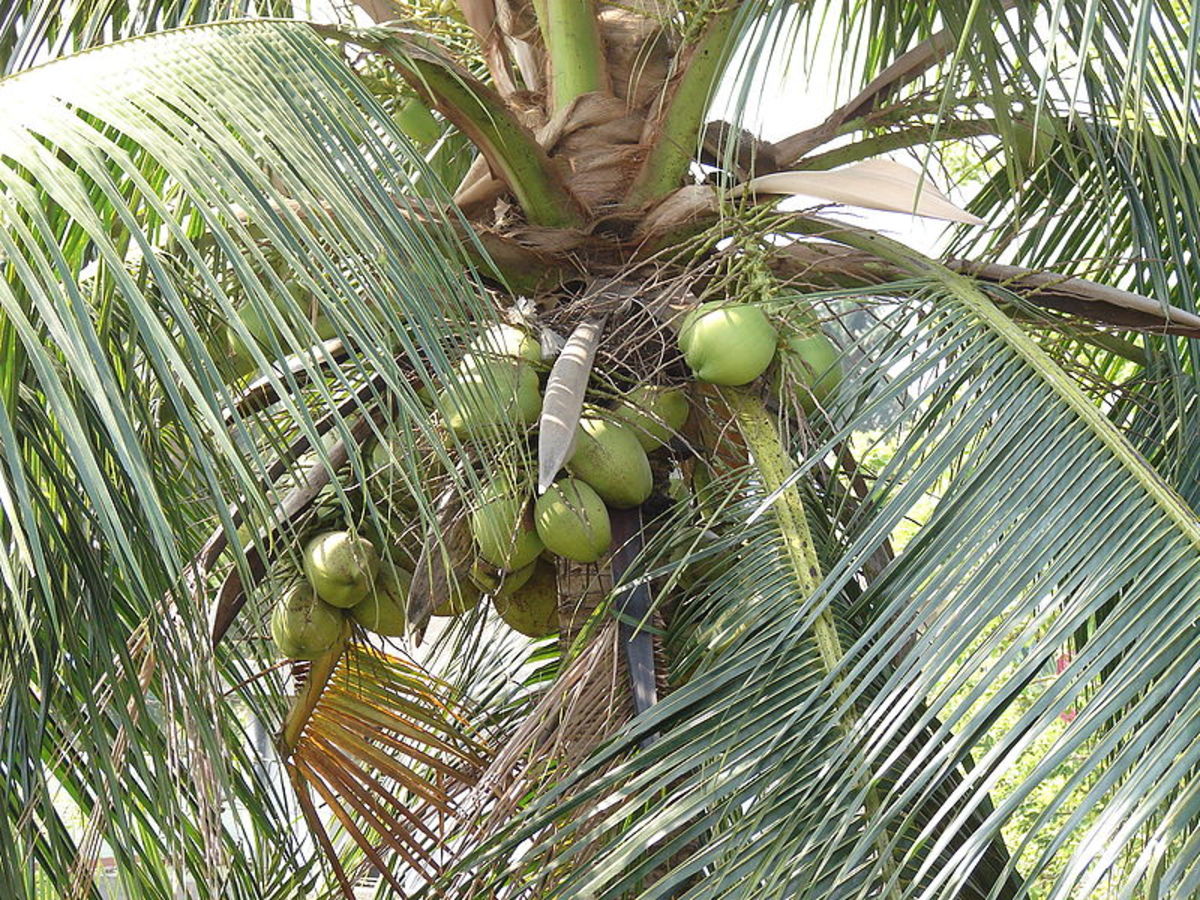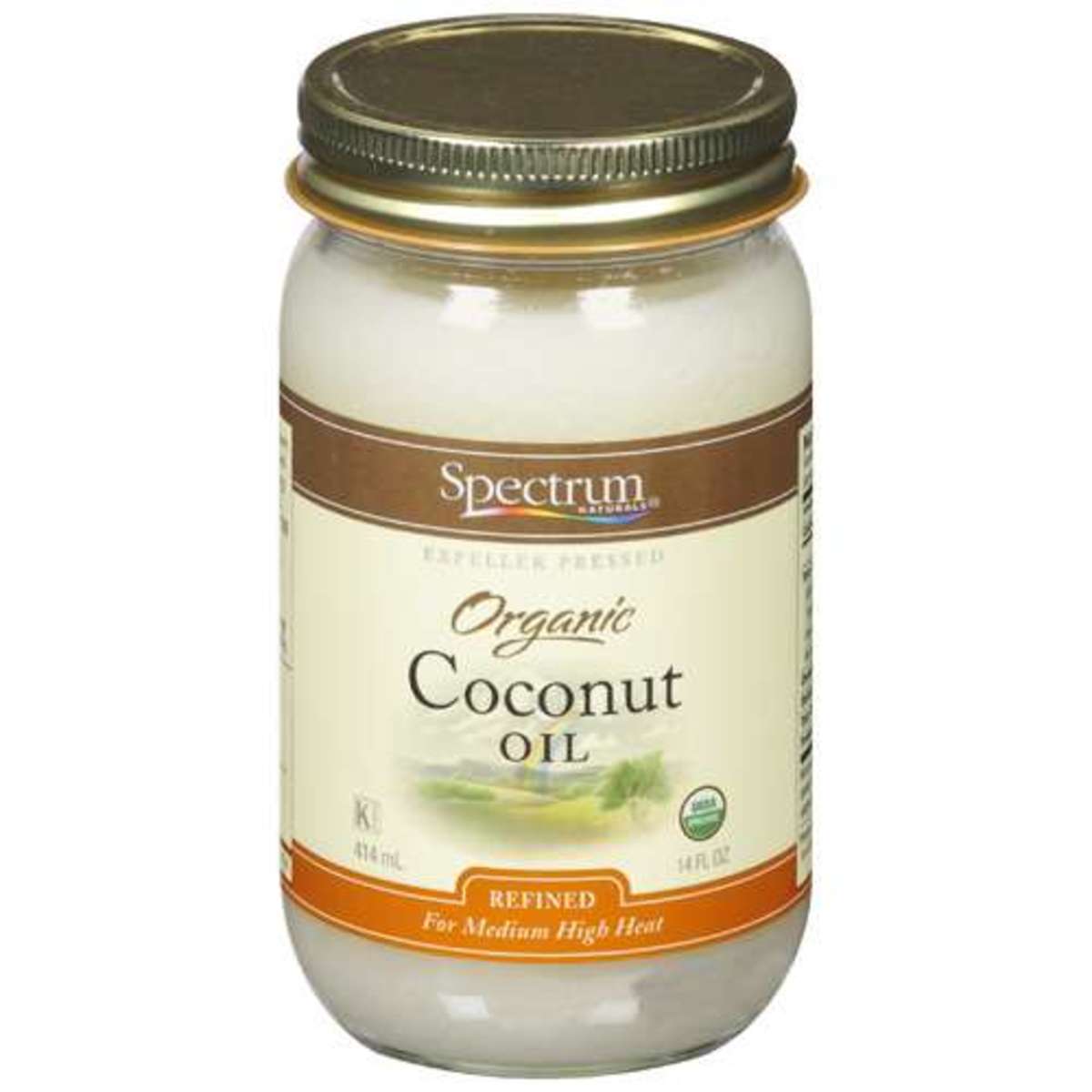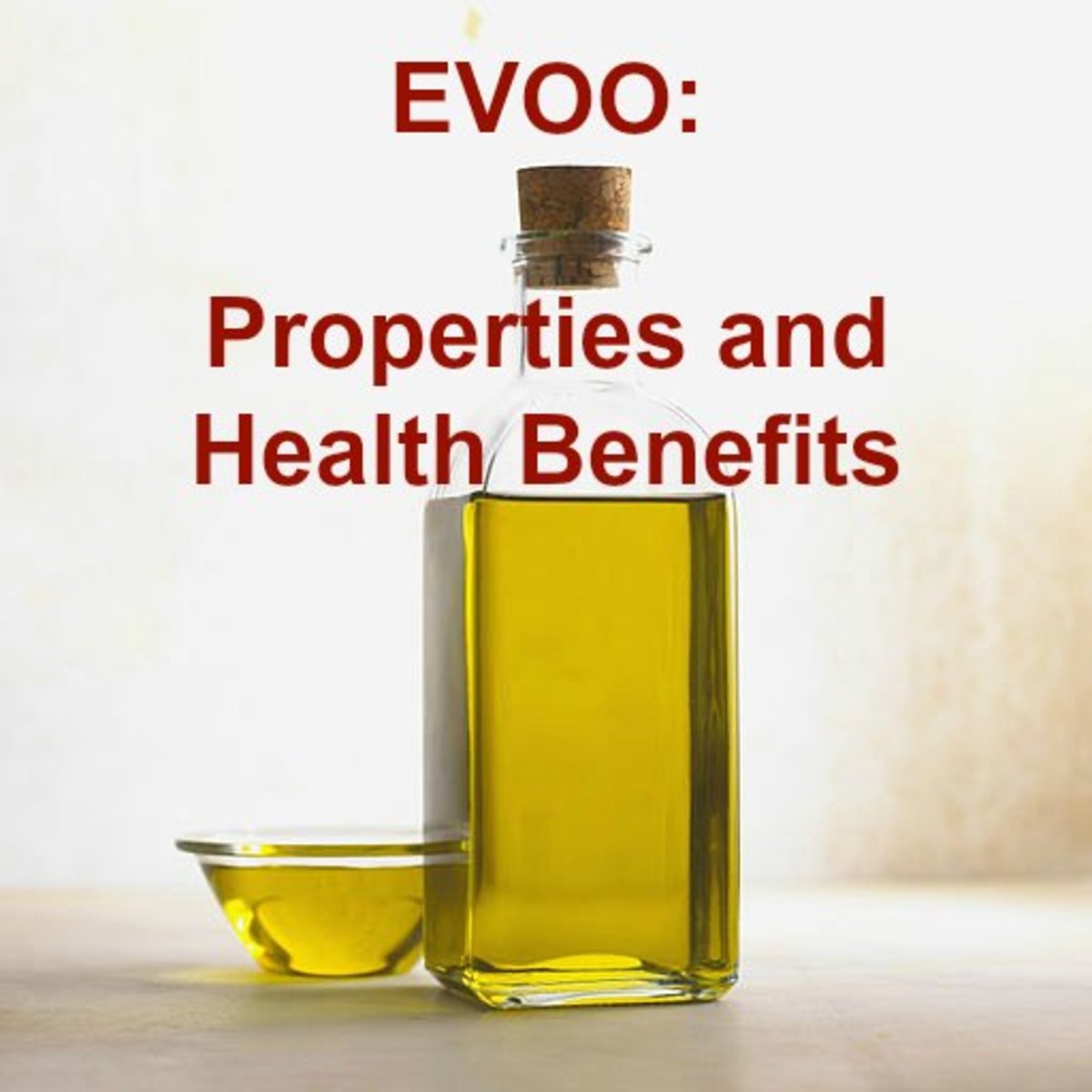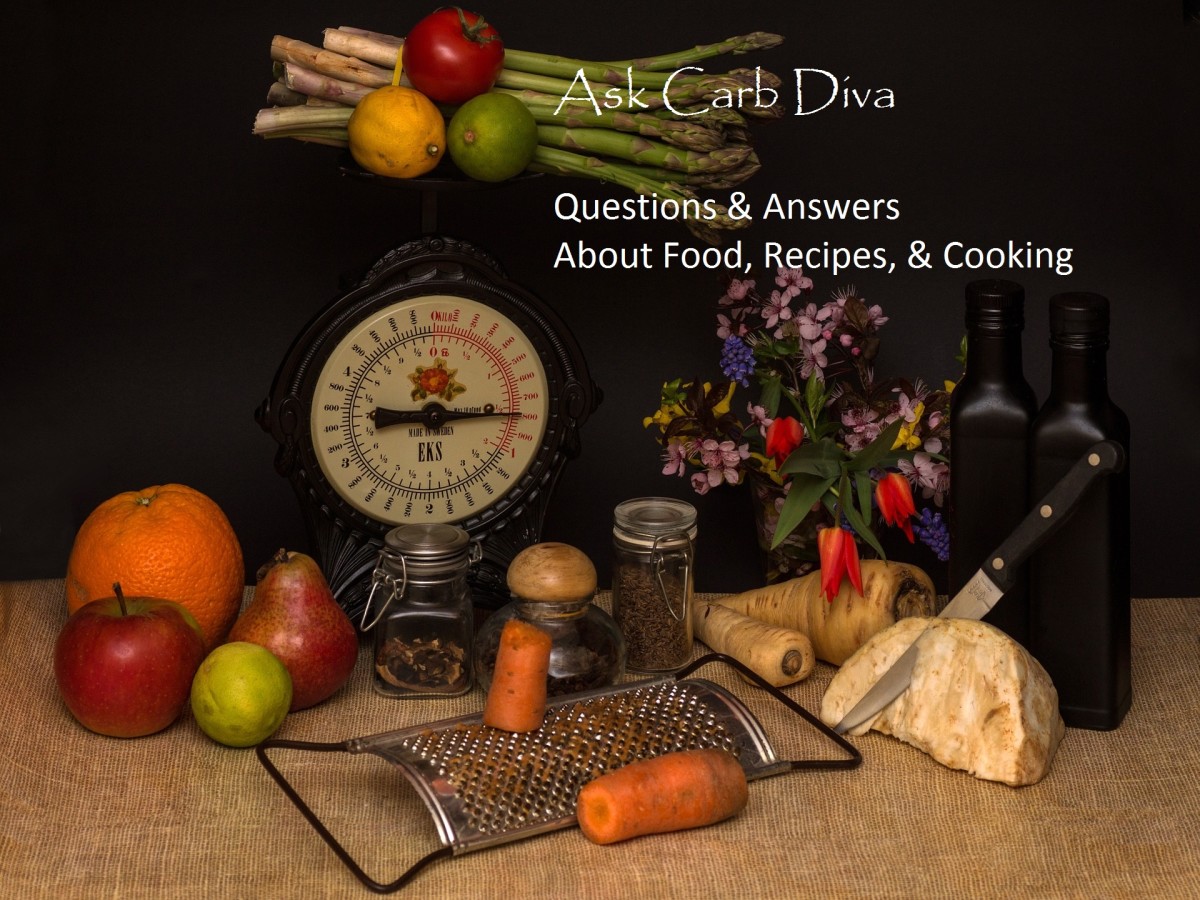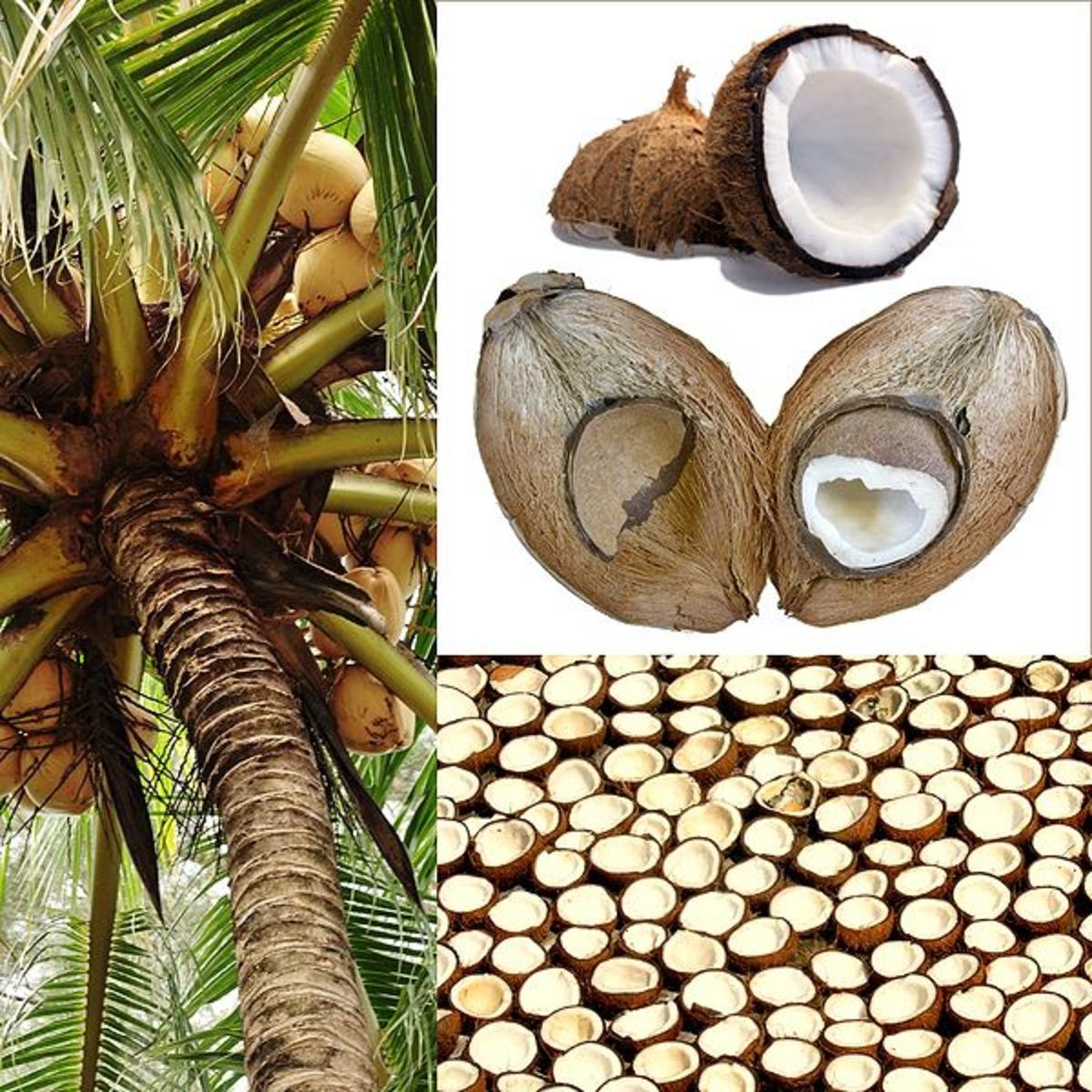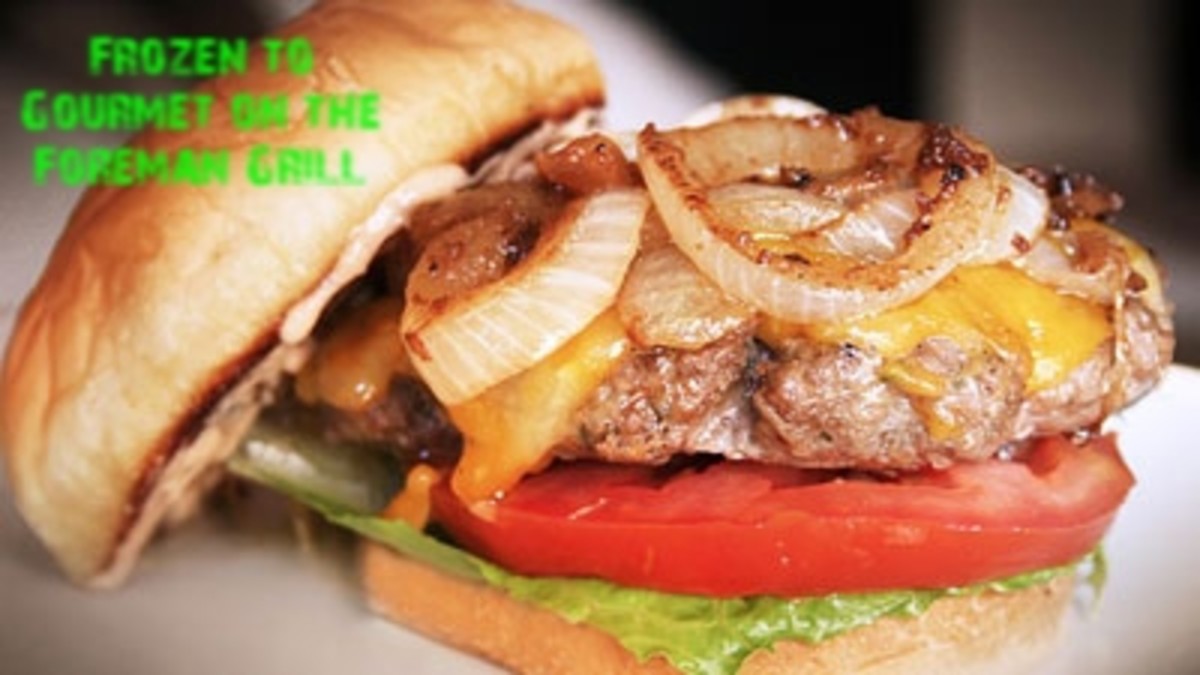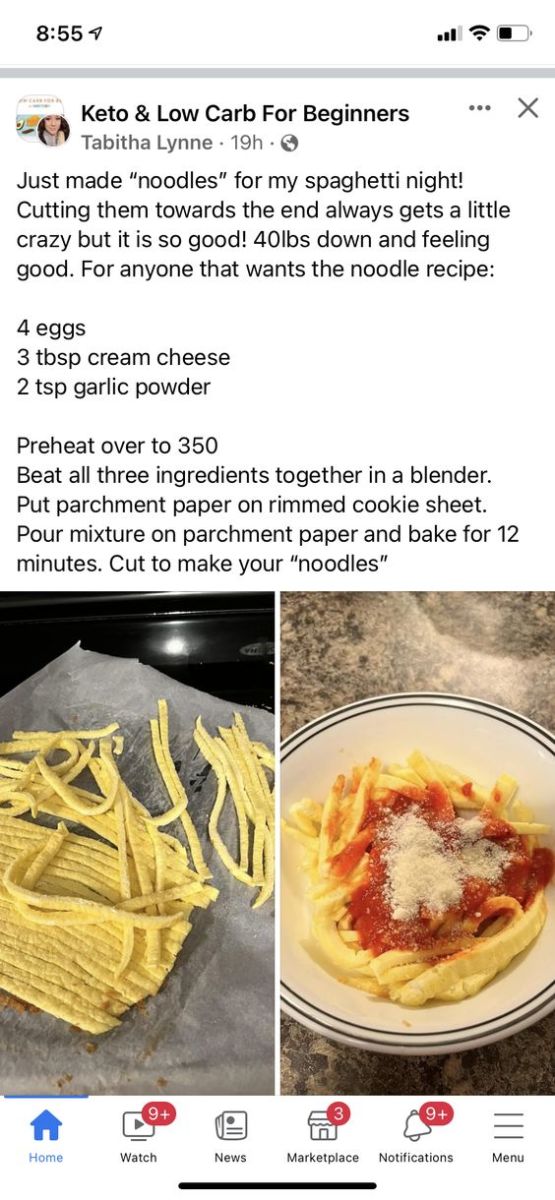Extra Virgin and Organic Coconut Oil
The Value of 'Organic' 'Virgin' and 'Extra Virgin' labels
The general public is well aware about the premium value attached to products that are grown organically and that are described as ‘extra virgin’. The public is probably less familiar with why some oil is designated ‘virgin’ and other more expensive oil is called ‘extra virgin’. This post will look at these terms in relation to coconut oil.
First Pressed Virgin Coconut Oil

Virgin vs. Extra Virgin
The first thing to note about coconut oil is that there is no council to
set standards for coconut oil. Olive oil has the International Olive
Oil Council that guides the industry and designates definitions of what
constitutes ‘virgin’ and what constitutes ‘extra virgin’ olive oil.
Virgin and extra virgin coconut oil uses fresh coconut meat. Lower
quality coconut oil called RBD uses an industrial process and copra –
dried meat of the coconut. The coconut oil is refined, bleached and
deodorized. Because the copra is not kept in sanitary conditions RBD
coconut oil is not as clean as virgin and extra virgin coconut oil.
For olive oil, extra virgin and virgin oils are only mechanically
pressed. Extra virgin olive oil has acidity below 1% and a superior
taste to virgin olive oil. There is no such distinction between virgin
and extra virgin coconut oil. For all purposes they are the same. Namely
they are made from the first cold press of coconut meat. We will have
to wait for an International Coconut Oil Council to be formed to tell us
what makes extra virgin coconut oil different to virgin coconut oil.
Buy organic virgin coconut oil
Organic Coconut Oil per se
Organic is a more straight forward thing to look at. Produce is organic that is grown without the use of chemical fertilizers and pesticides. For vegetables and fruit people pay a premium for organic produce because organic crops are less efficient – in other words more of the crop is eaten by bugs etc. The case is different with regards coconut oil. Over 90% of the coconut palms in the world are grown organically because the farmers do not have the incentive or the cash to use chemical fertilizers and pesticides. The coconut is an exceptionally hardy plant that grows very quickly. In 5 to 6 years it has reached maturity. It can survive salty water. It also is naturally antimicrobial and has an inbuilt resistance to pests and pathogens.
The term organic is thus slightly irrelevant when applied to coconut oil as most of the coconut palms in the world are grown organically; especially since many of the farmers cannot afford fertilizers and pesticides. The exception of course is industrial farming where mechanization, chemical inputs and GM strains are used to maximize profit.
As yet there is very little industrial farming of coconut oil, or any other coconut product.
Main Consideration
To sum up, the best coconut oil is made from fresh coconut meat and is cold pressed. Nearly all coconut oil is organic. The main difference to look for is whether the coconut oil is made from fresh coconut meat or from dried coconut meat or copra. Inferior coconut oil is labeled RBD. It is not as healthy and has no smell.
More Coconut Hubs and Sites
- Health Benefits of Coconut Oil for Dogs
How coconut oil can help a dog stay healthy. - Corn, Soy and Coconut
About why corn is in nearly everything in the States and the conspiracy that stops coconut being a staple. - Coconut Flooring
Coconut palms take only 5 to 6 years to reach maturity. Coconut flooring is a strong and durable alternative to hardwood flooring. Coconut flooring has all the benefits of hardwood flooring but it is environmentally friendly. - The Truth About Coconut Oil and Saturated Fats
About why coconut oil is a healthier oil than vegetable, sunflower and other commonly used oils in the West. - A Comparison between Strand Woven Bamboo Flooring and Coconut Flooring
A look at the relative merits of two types of sustainable flooring: strand woven bamboo flooring and coconut flooring. - About Coconut Flooring
A guide to the advantages of coconut flooring.

